Creating social value with the built form: the key to long-term commercial value

The built form has a profound impact on people, today and into the future. At Urbis, we believe that the built form should foster a sense of place, safety and belonging – whether that’s a residential apartment complex, an office building or a shopping precinct.
Creating greater social value not only increases liveability and wellbeing but can also have a direct positive influence on improving commercial and ESG outcomes.
What is social value?
At Urbis, we apply a definition for social value that builds on that of the UK Green Building Council (UKGBC). It has been tailored based on the experience and the knowledge that we have gained through working closely with clients and communities to achieve strong social and commercial outcomes.
Social Value CreationSocial value is created when buildings, places and infrastructure generate sustainable net-positive social, economic, and environmental outcomes that improve the wellbeing, quality of life and resilience of individuals, families, communities and cities. |
In basic terms – social value creation is shaping a better outcome for current and future generations by designing, developing and rejuvenating the built form mindfully to support the social dimensions of sustainability.
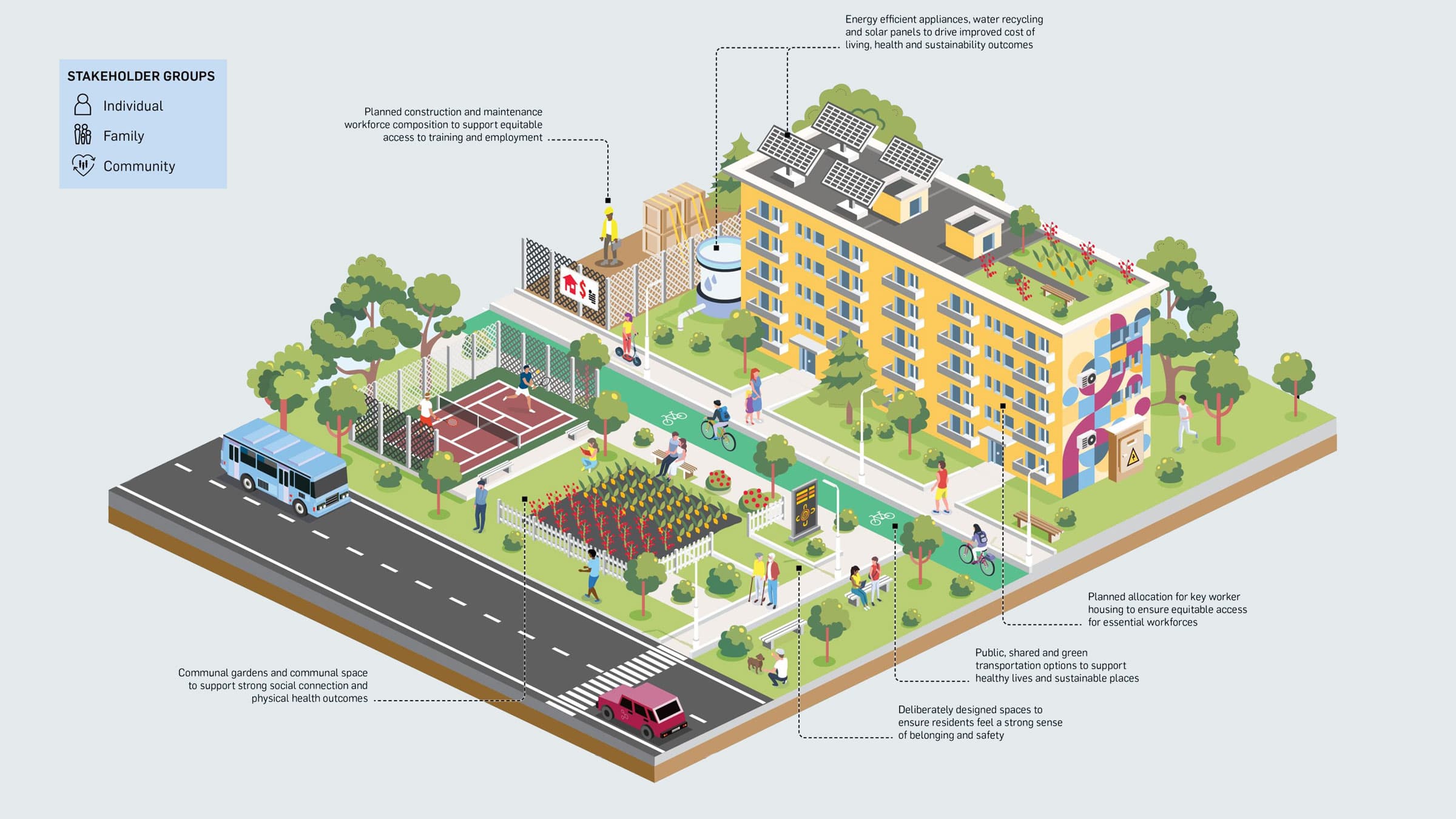
The ripple effect of planning for and creating social value
The benefits of creating social value are not limited to individuals and stand-alone places. When people feel safe and supported by their built environment, our broader society benefits as well.
In Australia, we know that good design – for example passive surveillance built into apartment complexes – can result in tenants and visitors feeling safe, and consequently spending more time in and around the asset and its wider precinct. This enhances quality of life for tenants and the surrounding community and can lift commercial values for asset owners.
“At Urbis, we are advocating for the whole-of-industry to consider the long-term social value that can be created by addressing equity issues upfront through the built form – and the social and economic benefits that can be realised,” said Poppy Wise, Urbis, Director.

If we create social value in the built form upfront, places will impact more people positively, in a ripple effect from one person through to all their interactions with society. This has social benefits from an individual to a community.
Case Study
| Client: | A Community Housing Industry Association |
| Project: | In 2024, Urbis worked with a Community Housing Industry Association to compile the evidence for the full range of health, social and other benefits of decarbonising the community housing portfolio. The work built on evidence from earlier Urbis research documents the social benefits of energy efficient appliances and other retrofits, across improved health, pride in the home and social connections. |
We are advocating for the whole-of-industry to consider the long-term social value that can be created by addressing equity issues upfront through the built form – and the social and economic benefits that can be realised.
How does high social value drive improved commercial outcomes?
ESG reporting, whether mandated or voluntary, is a growing feature for all commercial organisations. Planning for and measuring social value brings the ‘S’ in ESG to life. As the pressure to deliver on ambitious ESG strategies gains momentum, giving early consideration to social value creation as part of a well-rounded ESG strategy is crucial.
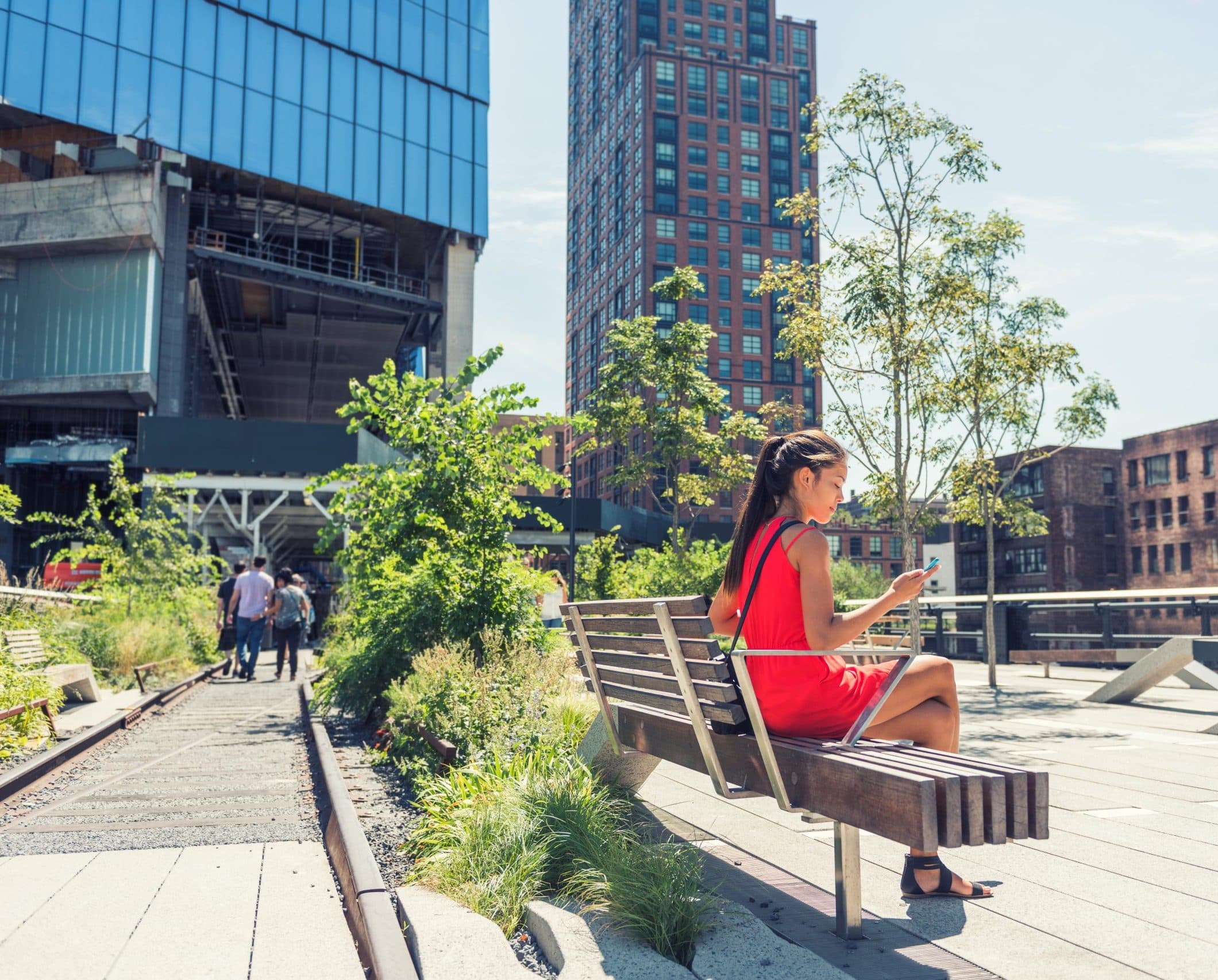
For developers, setting and striving for bold ESG targets, the delivery of strong social outcomes can materially impact the bottom line, for the better. The benefits of delivering a place that supports social cohesion, creates a sense of belonging for residents and visitors and provides a healthy and safe space for the community can drive long-lasting asset value.
Case Study
| Client: | A NSW Developer |
| Project: |
Urbis has been working with the developer to make use of increased height allowances under the NSW Housing State Environmental Planning Policy (SEPP). The project will deliver a high-quality residential development, including affordable housing, with a focus on social value including the creation of a safe precinct, communal space and community infrastructure such as a childcare centre, with key elements that support sustainability and a high quality of life for residents. Urbis has guided the developer to mitigate risk associated with development approval delays and assist in the rapid realisation of affordable housing and commercial value, through this emphasis on social value creation and environmental sustainability. |
A key challenge in planning for social value creation and sustained enhanced commercial value, is the protection of that social upside over the lifetime of an asset. While it’s true that there have been instances both in Australia and globally where social value plans have been scaled back due to short term commercial constraints, pleasingly, we are seeing positive change and an increased priority placed on creating and sustaining social value.
The importance of measuring social value – including commercial ROI
Just as developers, investors and government are now deeply engaged with the long term social and commercial benefits of decarbonisation and other environmental improvement measures, so too can social value creation be a key indicator for project viability and commercial return. By building in the measurement of the creation and impact of social value, organisations can identify commercial returns as part of corporate ESG reporting.
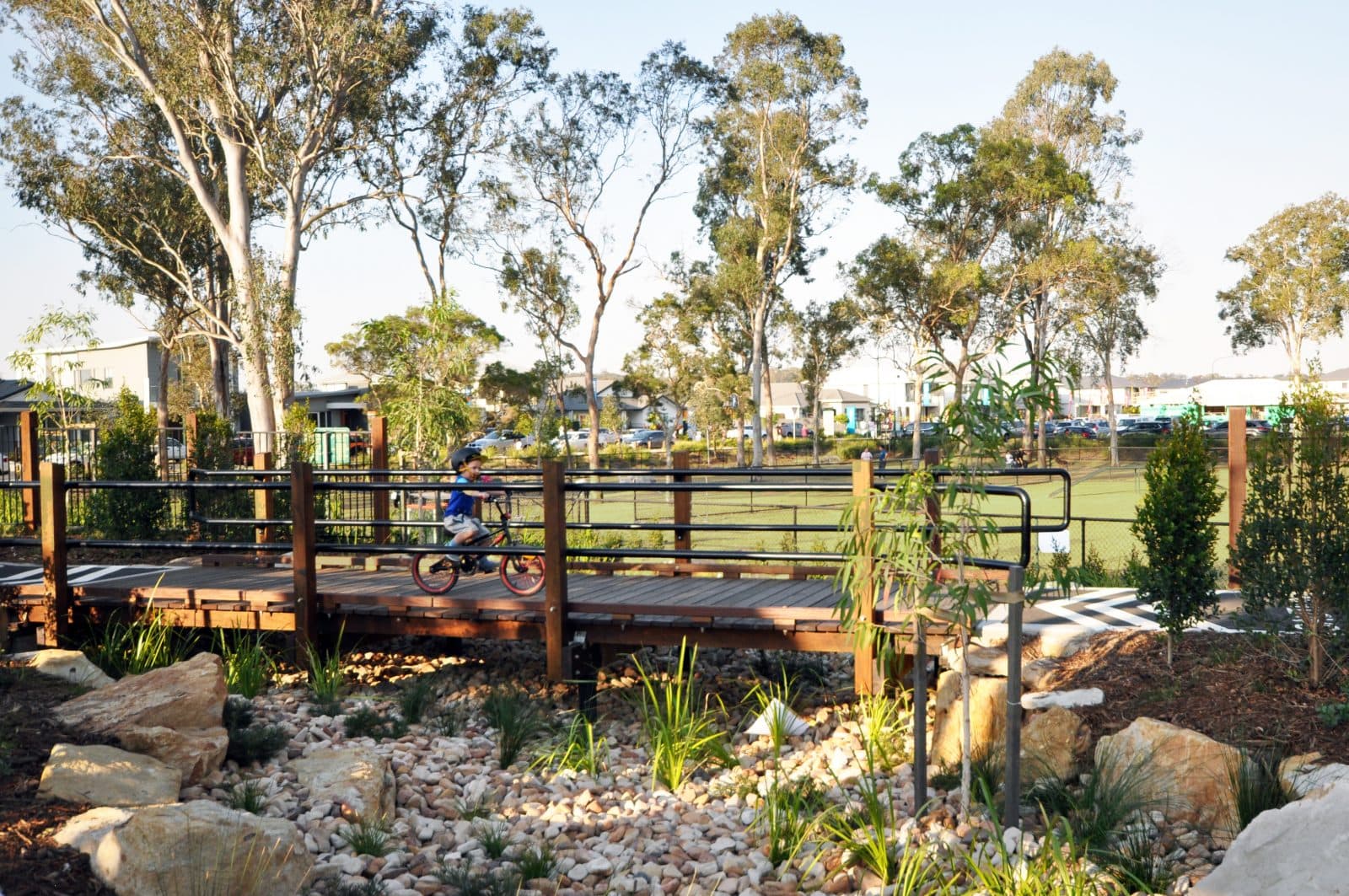
At times, the benefit of social value can be overlooked in favour of pursuing short term commercial value, which has more obvious measures and more immediate benefits to developers, investors and owners. However, when we integrate social value creation into our strategic thinking from the start of a project, and track and measure the return of these investments throughout an asset’s lifecycle, we’re more likely to deliver a built environment that leads to improved amenity and strong quality of life benefits among the people who use it. This leads to commercial benefits including increased willingness to pay and participate in the development and ongoing funding of an asset.
Until recently, these outcomes were likely met through short-term programs and services, such as social procurement and employment programs in the construction phase. While these elements have a strong role to play in the creation of social value, at Urbis we know that when designed with equity and social value in mind, the built environment can provide longer-lasting solutions for the communities they serve.
Case Study
| Client: | A Large-Scale Developer |
| Project: | Urbis was a key advisor on the Developer’s recent success with a significant urban renewal project. A key element of the developer’s proposal centred on articulating and demonstrating the social value that would be created by their proposal, which was based on systematically identifying and measuring the full range of positive social outcomes associated with the proposal. |
While the regulatory environment is on a journey towards strong and consistent measurement of social value, we anticipate the market will shift to see social value become a mandatory factor in seeking investment, project funding and development approvals with institutional investors, impact investors and government – a trend that is being led by the UK.
Considering social value creation when making decisions about the built-form places clients in a strong position to create projects and investments that are sustainable and resilient, not just in terms of environmental factors, but also from a social value perspective, which ultimately results in stronger long term commercial feasibility.
Mainstreaming social value: The story so far
Social Value is not a new concept. In 2012, the United Kingdom introduced the Public Services (Social Value) Act for those who commission public services, in order to secure wider social, economic and environmental benefits through the procurement process. More recently, a Social Impacts Task Force has released supplementary guidance for including wellbeing in business cases to government that is now formalised in the HM Treasury’s Green Book.
Social value has become “a cornerstone of responsible business within the built environment industry” in the UK. In recent years, the UK Green Building Council (UKGBC) has published guidance on how to measure social value across the development lifecycle.
At Urbis, we believe that creating social value in places and property improves outcomes for people. We see measuring social value creation (SVC) as part of our corporate Environment Social Governance (ESG) framework and obligation.
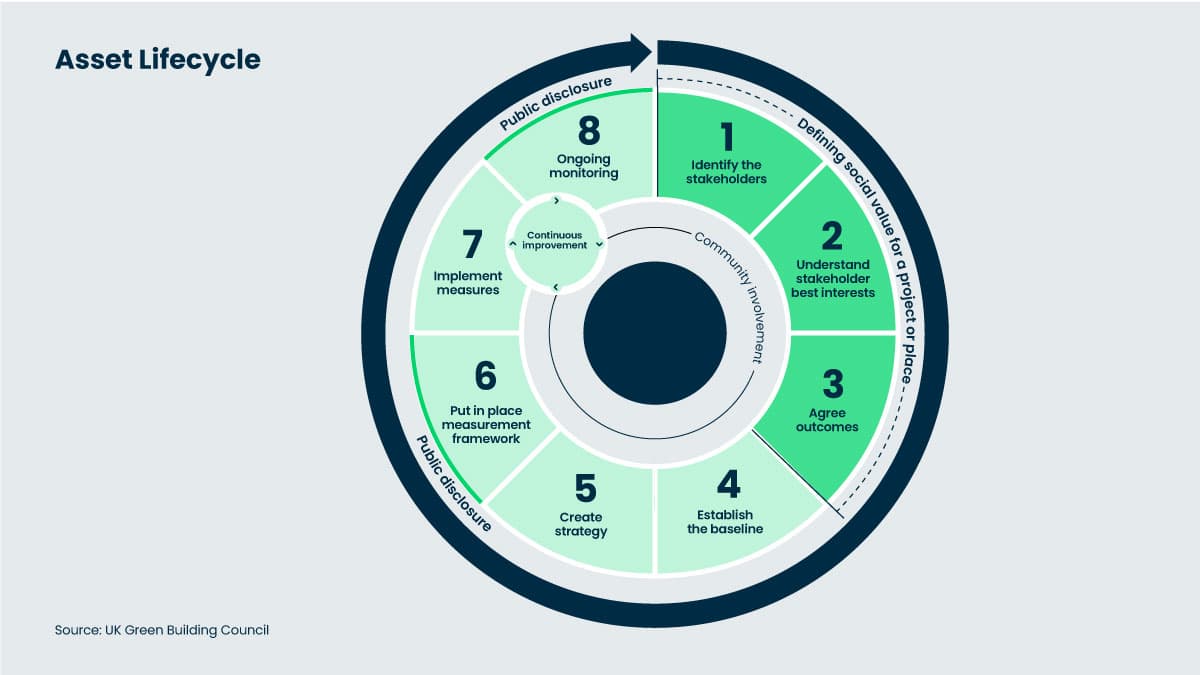
What’s next for social value in Australia?
In the property and infrastructure sectors across Australia, an industry-wide conversation is underway around social value creation, encouraging developers to plan with strong social outcomes in mind, and developing frameworks to provide the evidence for the creation of longer-term value – social and commercial.
At Urbis, we strongly support the recent work by partnership between the Green Building Council Australia and Hassell in defining and exploring options for measurement of social value, as well as the work of the Property Council in relation to setting a common language for social sustainability. We look forward to adding our voice to that of our clients and peers regarding the importance of planning for and measuring social value in the built environment context.
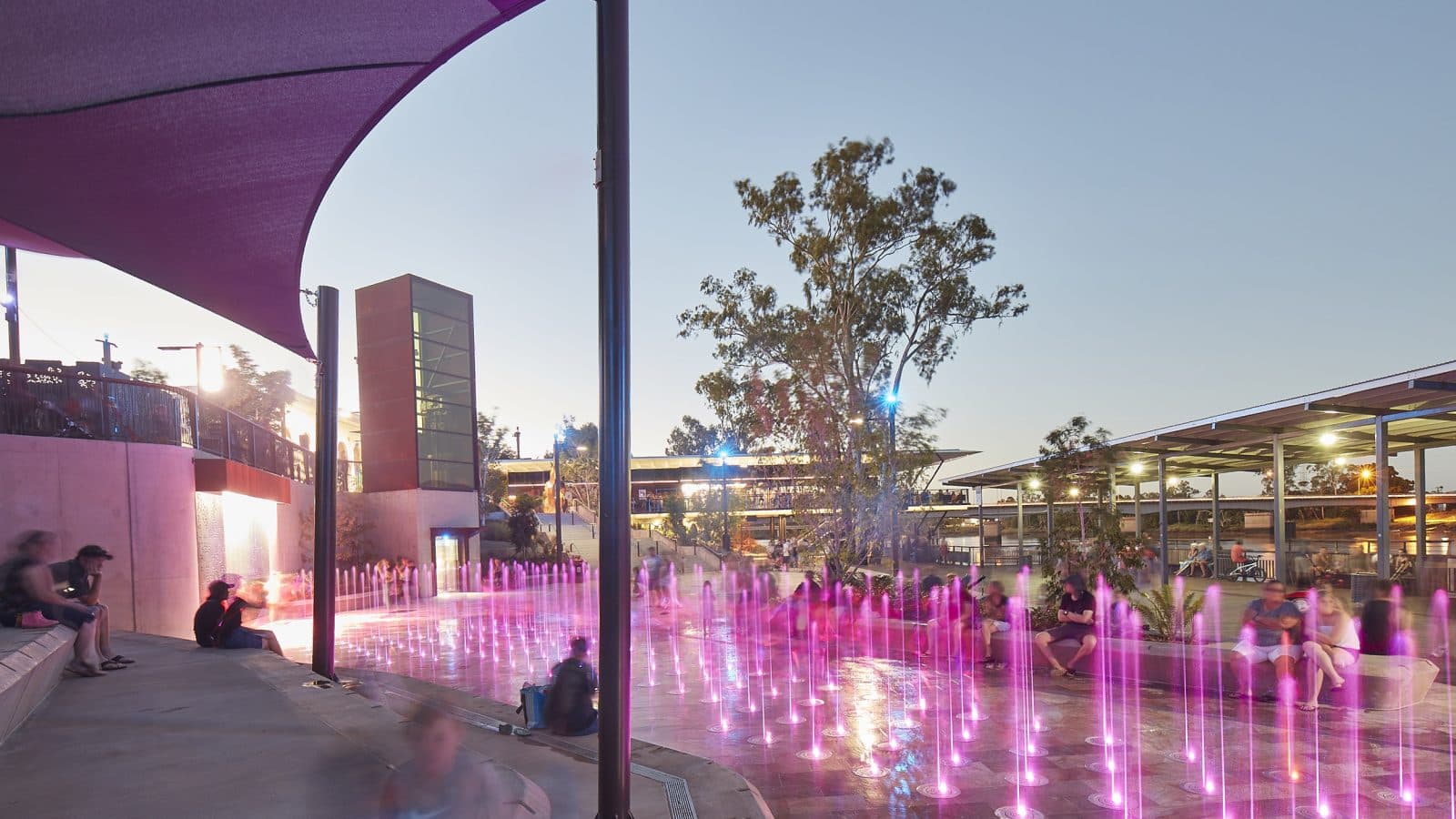
Get in touch
If we have piqued your interest in discovering more about social value and the role that the built form can play in shaping a better future for cities and communities, please reach out to one of our experts in social value creation and measurement. You can also take a look at our broader Sustainability services here.









